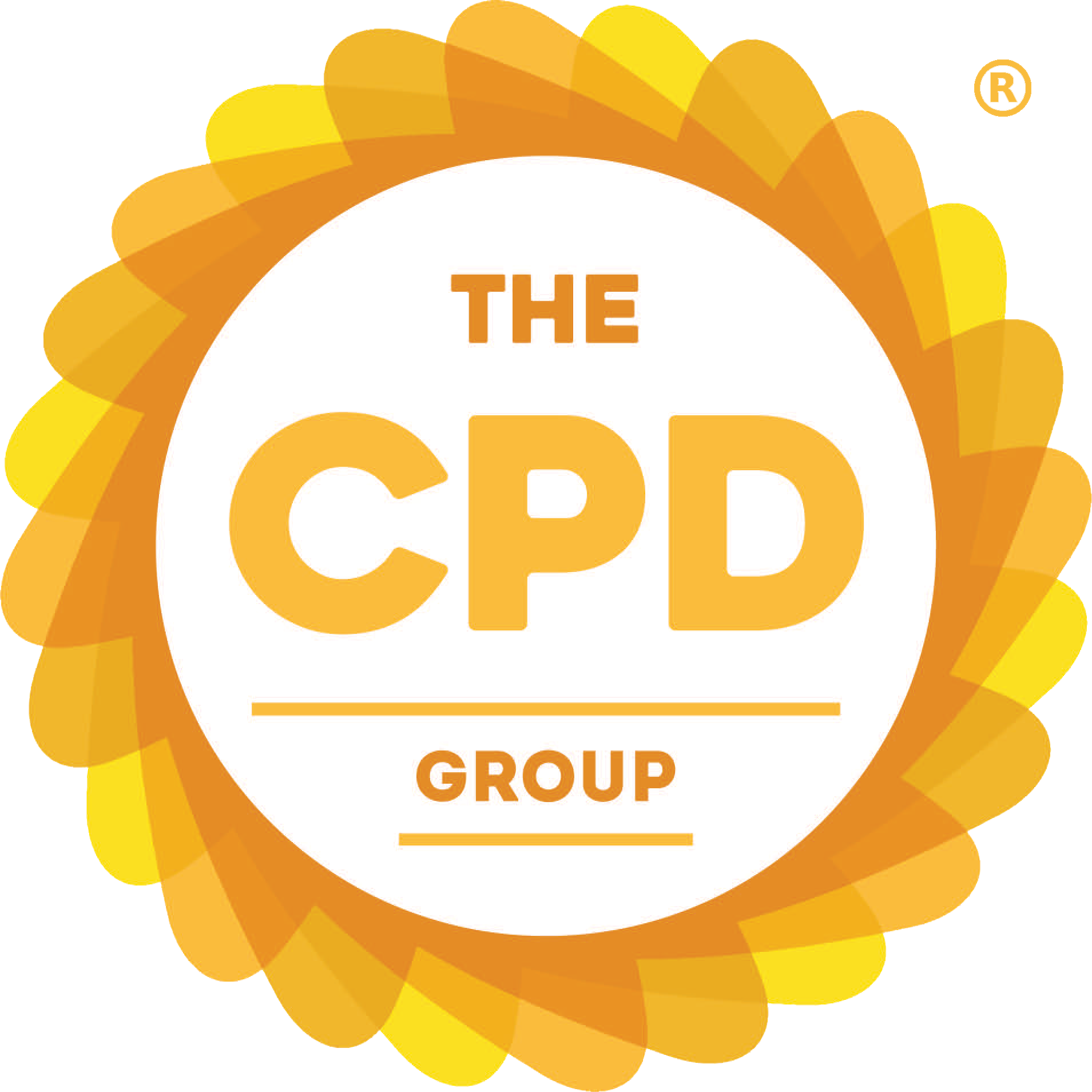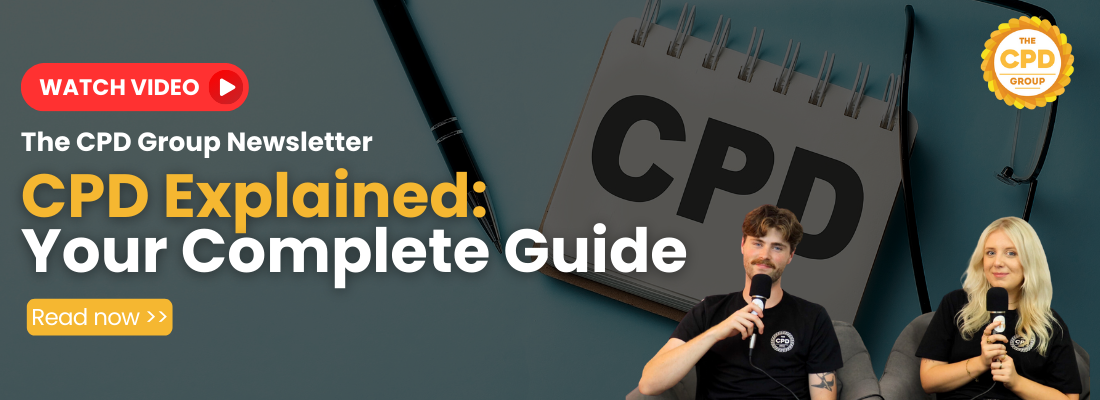Understanding CPD: What is CPD and Why Does it Matter for Professionals?
We've all heard of CPD, but what exactly is it? Let us explain...
Let's dive into what CPD stands for, why it's crucial for professionals, and how you can ensure you're getting the best quality CPD training available, no matter what industry you're in.
What is CPD?
Let's start with the basics.
CPD stands for Continuing Professional Development. It refers to any activity or CPD course that helps professionals stay up to date with the latest trends and developments in their field, or that helps them acquire new skills relevant to their roles. Essentially, CPD includes all the various ways in which professionals can continue learning and growing throughout their chosen career.
This may include things like attending seminars or workshops, listening to podcasts, attending events or shadowing a colleague.
📚 Learn more about the different types of CPD >>
Why is CPD Important for Professionals?
CPD is important for several reasons. Firstly, it helps professionals stay current with industry developments, ensuring they are not left behind as new technologies, regulations, or methodologies emerge.
CPD also contributes to improving job performance, which can lead to career advancement. No matter what industry you find yourself in, keeping your skills sharp and up-to-date with high quality Continuing Professional Development is key to staying competitive in the job market.
CPD also helps bridge any skills gaps you may have, ensuring you're fully equipped to meet the demands of your role.
Some industry bodies also require a certain amount of CPD credits to maintain membership. We'll talk a bit more about CPD credits later!
Understanding CPD Accreditation and Certification
CPD accreditation, sometimes referred to as CPD certification, is the process by which an accrediting body, like The CPD Group, assesses a course to ensure it meets a certain set of standards. For instance, the CPD Group has an A.C.C.R.E.D.I.T.E.D Framework that guarantees the quality of a course, providing the end learner with a high-quality learning experience.
🎥WATCH: CPD A.C.C.R.E.D.I.T.E.D Framework Overview
But wait... are CPD Accreditation and Certification the same?
You may have heard different accreditation bodies refer to the CPD accreditation process as CPD certification.
While the terms CPD accreditation and CPD certification are often used interchangeably, they refer to the same process. If you come across either term, rest assured they do not differ in weight or importance—they both represent the same quality assurance process.
How to Find Quality CPD 🔍
A common question among professionals is "How do I find quality CPD?"
One reliable method is to look for out The CPD Group's accreditation logos, pictured below, which include a verifiable CPD accreditation number. You can use this number to confirm that a course has gone through the proper accreditation process.
Looking for quality CPD? Look for our accreditation logos.
Another excellent tool is The CPD Register. This platform allows you to search for CPD accredited courses. If you accredit your CPD courses with us, The CPD Group will automatically list your courses on The CPD Register, providing greater exposure and making it easier for professionals to find and enrol in your courses.
What Are CPD Credits and How Are They Measured?
CPD credits, sometimes known as CPD points or CPD units, are a way to quantify the professional development that participants achieve through CPD activities. Typically, one CPD credit, point, or unit corresponds to one hour of CPD learning. This system helps professionals keep track of their progress and ensures that their learning efforts are recognised.
As we mentioned earlier, some industries, such as Accountancy, Law, and Teaching, require professionals to undertake a specific amount of CPD credits to maintain their license.
If you'd like to learn more about CPD accreditation, feel free to get in touch with our friendly team by phone, email, or live chat on our website.
Be sure to tune in to the full video below 👇



Discussion (0)
Join the conversation and share your insights with our community
Join Our Community
Share your expertise, ask questions, and engage with fellow CPD professionals
Start the Conversation
Be the first to share your thoughts on this article. Your insights could help other professionals in their CPD journey.